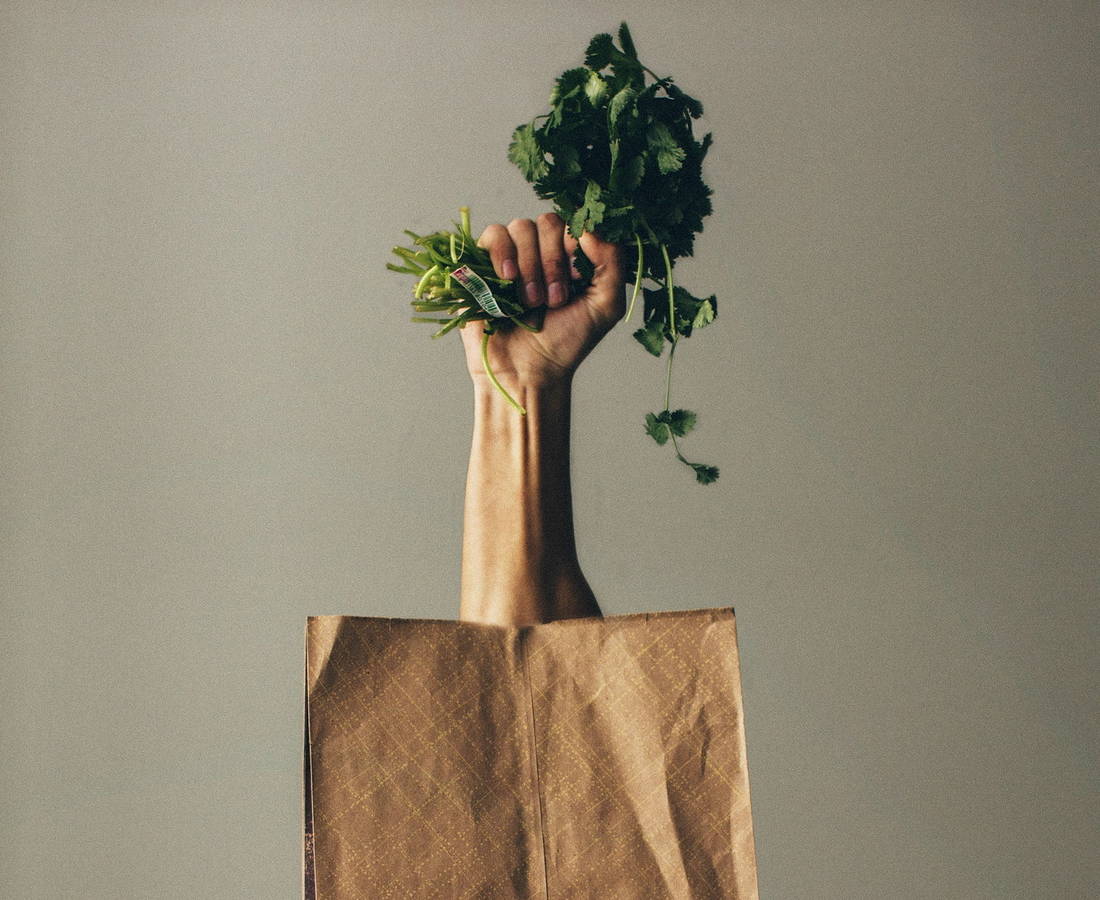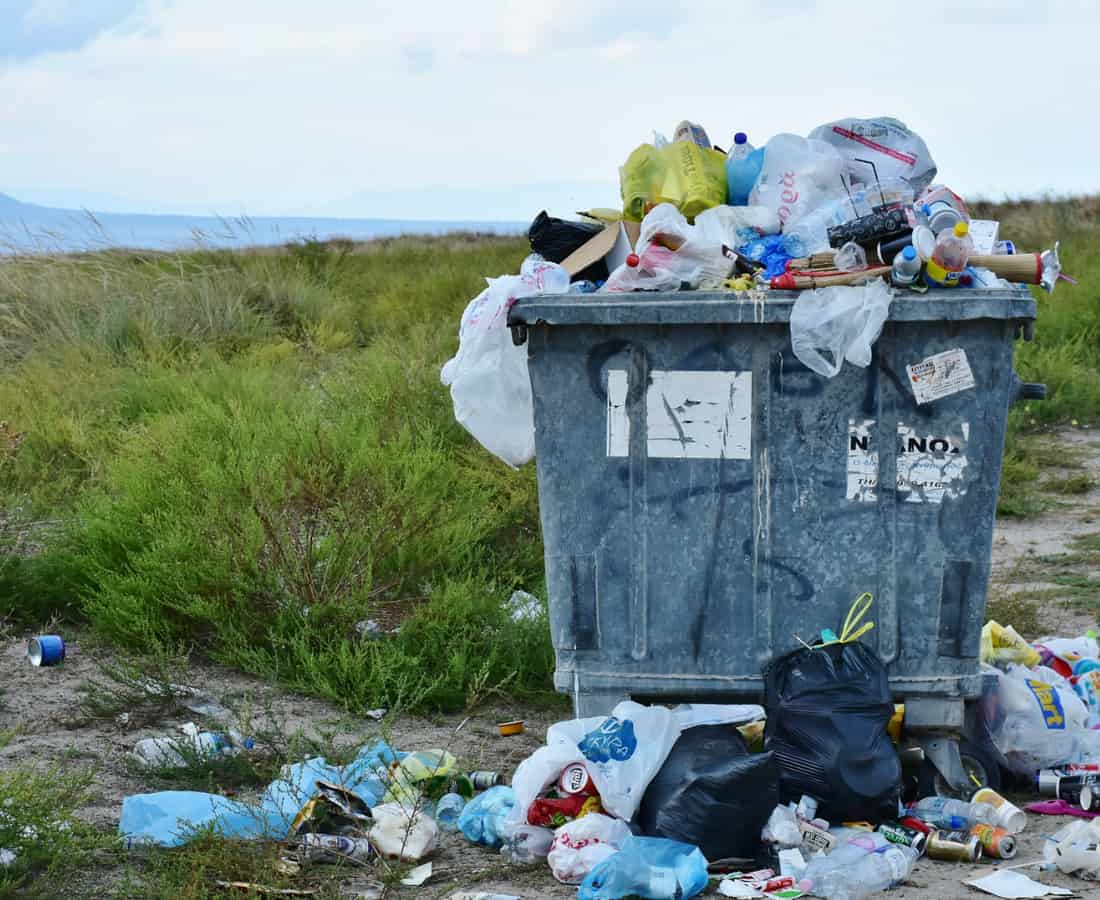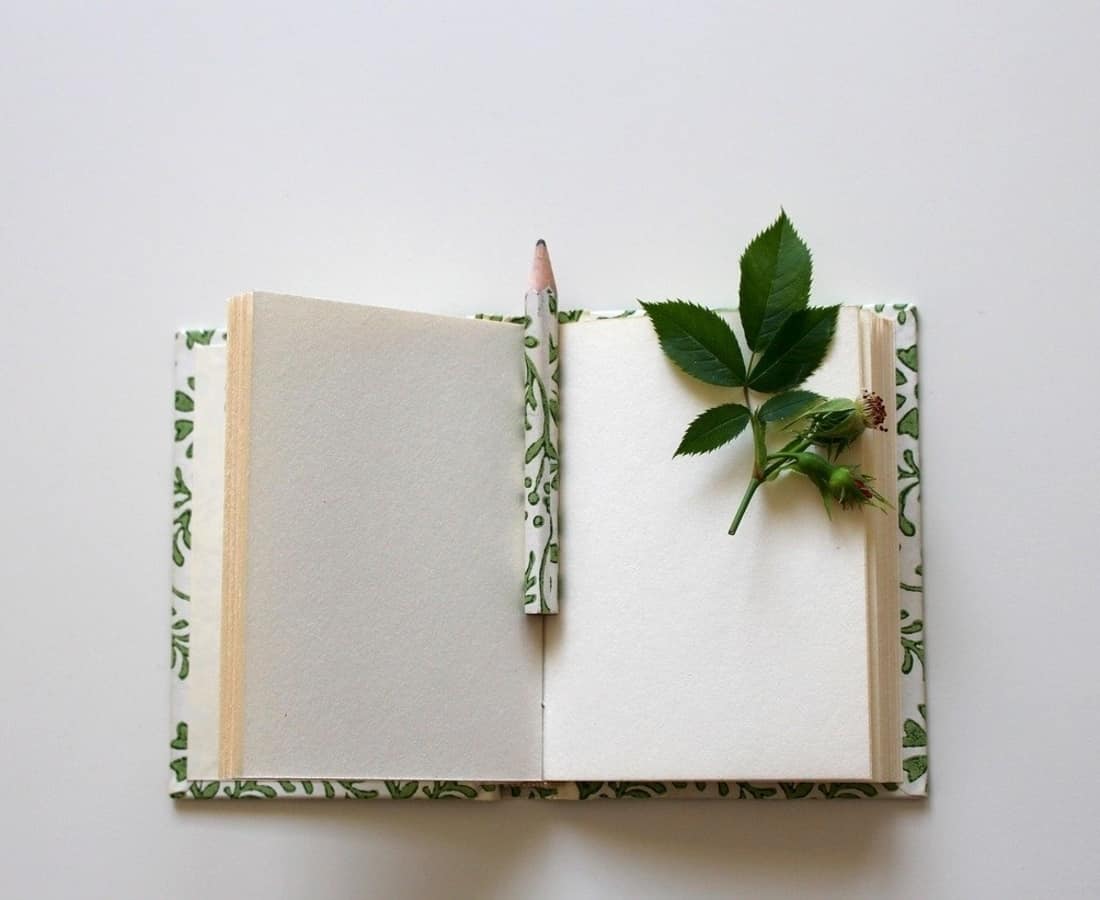Sustainability In (Post-COVID-19) Singapore: Keeping Green Consumption Alive Is In Our Hands

PUBLISHED May 21st, 2020 06:30 am | UPDATED May 31st, 2020 05:23 pm
I’ve been dreaming a lot about life after COVID-19 lately – then again, haven’t we all? It’s pretty damn cathartic to imagine the travelling sprees that await, the feasts we can sit down to (with friends, no less!), the leisurely prospect of window-shopping once more. It’s the kind of splurging binge, already taking post-lockdown China by storm, that experts have dubbed revenge spending (soon to be followed by its cousin, revenge travel). After months of being fun-starved, who wouldn’t be itching to make up for lost time?
Still, I don’t tend to stay in the daydream for very long. Not only because my bank account inevitably gives me a wake-up call, but because it feels deeply wrong to take up old consuming habits with scarcely a pause. If COVID-19 has had a green lining thus far, it’s that it’s put the spotlight on living responsibly – for the sake of one another, and ultimately for the planet. Revenge spending, on the other hand, implies that something is harmed – and perhaps the victim isn’t just lost time, but a planet that seemed to be healing amidst global lockdowns.
Sustainability In The Back Seat

I’ve written previously about how the COVID-19 crisis, for all its horrors, has cracked open the window to a greener future for the world. From lowering pollution dramatically to putting hyper-consumption on pause, lockdowns have been unexpectedly good news for our earth (if not, unfortunately, for the economy).
That’s only the short-term story, it seems. As we take baby steps on the long road toward recovery, one haunting question is whether green initiatives – which in recent years has gained so much momentum – will now take a step back. Take single-use plastics, which have sneaked back in vogue on the coattails of questionable fears about virus spread through reusable packaging. Some cities like California have lifted long-held bans on plastic bags, while others are postponing planned plastic bans. In Singapore, takeaway orders are skyrocketing even as BYO schemes are on hold – which means disposable container shortages and tonnes more plastic waste.

On the governmental level, there’re grim signs that COVID-19 will leave sustainability efforts on lockdown even months into recovery. Already, this crisis has delayed many climate change negotiations this year, including the key COP26 global summit. With all eyes on saving the economy, chances are that green issues will sink out of sight further on – especially when they clash with business savvy.
Witness the recent lifting of eco-regulations for companies by the US Environmental Protection Agency – all businesses need do is cite COVID-19 related reasons for non-compliance. Perhaps unsurprisingly, China too is slackening the reins on environmental rules to help factories make up for lost production – a move that’ll once again choke up the fresh air gifted by the shutdown. As our world begins consuming and travelling again, pollution levels will rebound with a vengeance; meanwhile, many green initiatives will fall by the wayside as stores, restaurants, and hotels focus on the bottom line. And our strange glimpse of a slower way of life – lockdown life – might be forgotten.
Survival of The Greenest

When Singapore restarts – along with the world – we’ll find ourselves at a crossroads. One path leads back to ‘business as usual’, with brands and shoppers working to get back in the pre-crisis groove of fast consumption. As I’ve just outlined, this means that old progress on sustainability might be undone, while new efforts will play second fiddle for anywhere from months to years.
But there are roads less travelled, and it’s consumers – not governments, or even businesses themselves – who could have the power to lead the charge. Offering a bold take on the future of fashion, Boston Consulting Group director Sarah Willersdorf foresees that the winners will be those brands who have woven sustainability into their business fabric. Through this collective crisis, she believes, consumers have never been more conscious of their social and eco-responsibility; they will thus be “far more selective with a mindset toward quality, value, and sustainability”.
Meanwhile, brands for whom sustainability was non-existent or simply marketing fluff will lose out, since they’ll struggle most to keep both their profits and green practices going. In other words, we’ll truly begin to sort the eco-friendly wheat from the chaff.
A Blank Page

As with fashion, so with all other industries that COVID-19 has shaken up – shopping, dining, travel. Now that old systems have been disrupted, predicts trend forecaster Li Edelkoort, we’re thrown into the unique position of “having a blank page for a new beginning.” And it’s a greener wave of consumers who’ll hold the pen. If you’ve already been supporting sustainable local boutiques, dining green, drinking mindfully, and eschewing less eco-friendly brands, here’s the good news: each choice we make post-COVID-19 might have more green impact than ever, for Singapore and the world.
Still up for a spot of revenge shopping? Why not – especially if it’s against practices which harm the earth and ultimately, our future. Even when the COVID-19 crisis is resolved, the climate crisis will continue long after – and with far more disastrous consequences. Now, more than ever, it’s time to keep green consumption alive.


